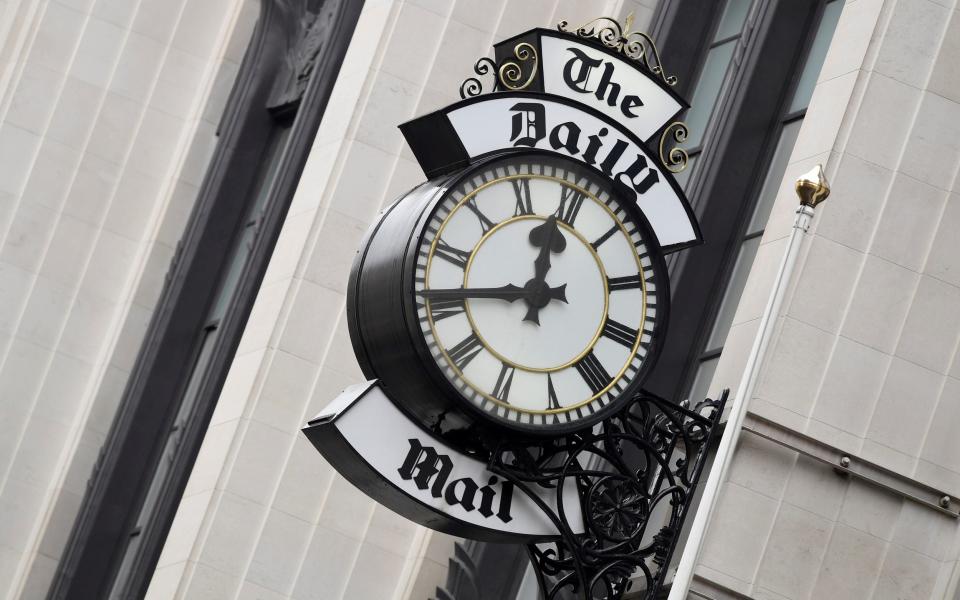Plans to merge Mailonline and Daily Mail spark fears of job cuts

The Daily Mail and its gossipy sibling Mailonline are to merge under plans unveiled by their publisher as it attempts to forge a digital future for titles that frequently overlap and compete.
In a memo to staff that sparked newsroom fears of significant job cuts, their editors said they would be “ending unnecessary duplication”.
It said: “There is no doubt that the war in Ukraine – and the ensuing energy and cost of living crisis – has brought serious headwinds for our business.”
Ted Verity, editor-in-chief of The Daily Mail and Mail on Sunday, and Danny Groom of Mailonline said: “For years, we’ve had multiple journalists working for the Mail’s titles writing and processing rival versions of the same stories. Ending this will free up resources and talent”.
They said the move would allow Mailonline, known for its celebrity “sidebar of shame” and magpie approach to assembling a vast selection of stories from across the web, to publish “even more stories, better and faster than ever”. Meanwhile Daily Mail journalists will be freed to focus on exclusives, in-depth analysis and reporting, they added.
The announcement did not address longstanding questions over the digital strategy of DMGT, the publisher of the titles, which is owned and run by Lord Rothermere. As well as Mailonline, which is read for free by 24.7 million people per month and includes stories from the Mail newspapers, it offers Mail+, which charges a subscription for the same material.
Douglas McCabe, an industry expert at Enders Analysis, said: “The Mail is unique: it has the most successful print newspaper, and a hugely successful online service, yet the two circles in the venn diagram are surprisingly apart.
“Pushing them together is a huge organisational and cultural challenge, but necessary from an economic perspective alone. If the Mail has the biggest challenge of all the publishers, it also has one of the media industry’s biggest opportunities.”
The print Daily Mail has declined more slowly than its rivals, and in 2020 it overtook The Sun to become Britain’s best-selling newspaper. However, the decline of the print advertising market has accelerated this year as the economic outlook has darkened, and the cost of newsprint has risen sharply as producers have grappled with soaring energy costs.
The merger of the newsroom resources of the Daily Mail and Mailonline comes days after Lord Rothermere, previously chairman of DMGT, also assumed responsibility for its day-to-day operations following the exit of chief executive Paul Zwillenberg. In recent years the pair oversaw a sell-off of business information units that raised billions of pounds and culminated in the delisting of DMGT from the stock market last year.
The Rothermere family own all the shares in the private company, which traces its roots to the founding of the Daily Mail in 1896 by Alfred and Harold Harmsworth, Lord Rothermere’s great-grandfather.

